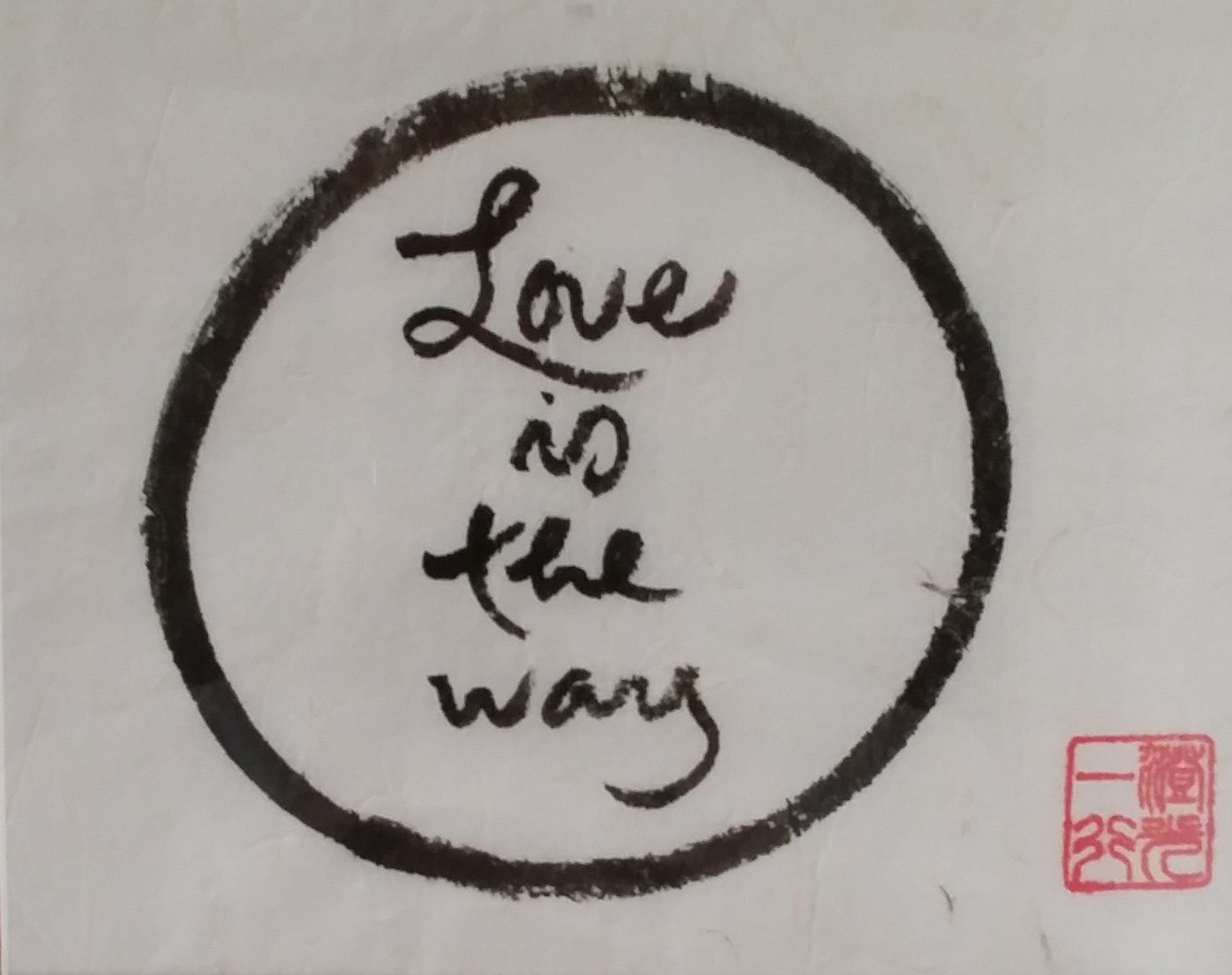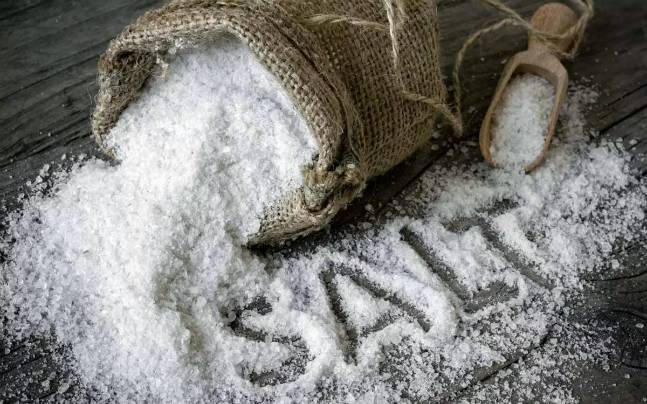Acknowledging the challenges of these times: responding to loss & trauma
Your hearts are troubled,and it is no sacrilege to let them be so …— Maren Tirabassi I thought I could describe a state; make a map of sorrow.Sorrow, however, turns out to be not a state but a process.― C.S. Lewis Your name is upon my tongueyour image is in my sightyour memory is in my […]


